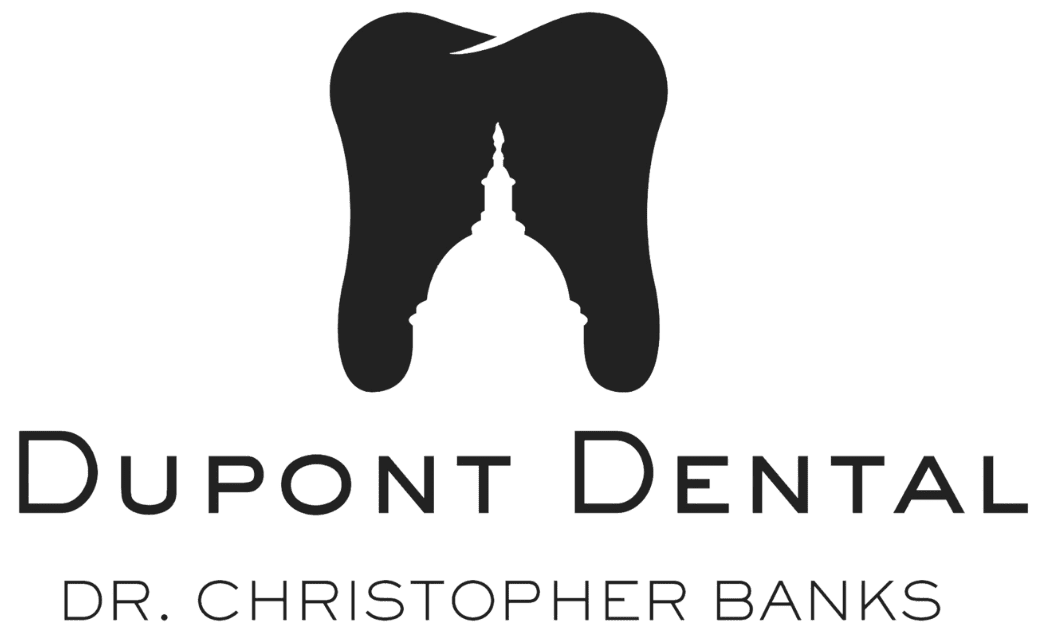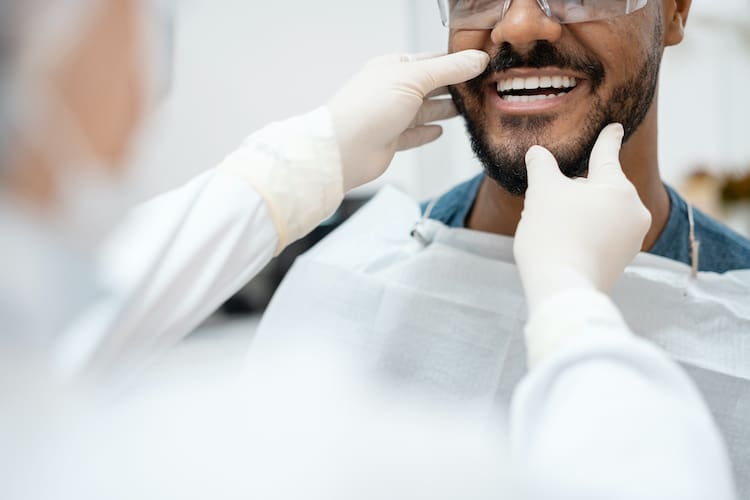Dental emergencies can occur at any time and often cause significant pain and discomfort. Recognizing when to seek emergency dentistry is crucial to prevent further complications. Acting swiftly could save teeth and alleviate pain or worsening conditions.
Understanding Dental Emergencies
A dental emergency involves severe pain, injury, or infection that requires immediate attention from a dentist. Dental emergencies are not limited to accidents. They can also arise from untreated dental issues. Some common emergencies include toothaches, broken teeth, and lost fillings. Ignoring these situations can lead to more serious health issues. Seek professional help promptly to avoid complications.
Severe Toothaches
Toothaches can indicate a serious underlying problem, often resulting from decay, infection, or a cracked tooth. If you experience severe or persistent pain, it is essential to seek emergency dentistry. Over-the-counter pain relievers may not suffice and can only provide temporary relief. A dentist can diagnose the underlying issue, which may include cavities, abscesses, or gum disease. They can provide appropriate treatment to alleviate your pain and prevent further damage. Delaying treatment could lead to more extensive procedures, such as root canals or extractions.
Broken or Chipped Teeth
Accidents, such as falls or sports injuries, can cause teeth to break or chip. This situation can expose nerves and cause significant pain and sensitivity. You should seek emergency dentistry in these cases to prevent further complications. A dentist will assess the damage and may recommend treatments such as bonding, crowns, or veneers to restore the tooth’s appearance and function. Prompt action could prevent infection and preserve the tooth structure.
Knocked-Out Teeth
A knocked-out tooth is a dental emergency that requires immediate attention. Time is critical in these situations, as the chances of saving the tooth decrease significantly after an hour. Seek emergency dentistry immediately, as quick action could save the tooth. If the tooth cannot be saved, starting the restoration process as soon as possible is best for effective treatment.
Lost Fillings or Crowns
Fillings and crowns protect teeth from further damage and restore their function. Losing them can expose sensitive areas of the tooth, leading to pain and increased risk of infection. Seek emergency dentistry if you lose a filling or crown to prevent further complications. A dentist could replace it promptly, restoring the tooth’s function and appearance. In the meantime, you can use dental cement or sugar-free gum to temporarily cover the exposed area and reduce discomfort.
Abscesses and Infections
Dental abscesses are serious infections that occur at the tooth root or gums. They can cause severe pain, swelling, and fever. If left untreated, abscesses can lead to more severe health issues, as the infection can spread to other parts of the body. Seek emergency dentistry if you suspect an abscess. A dentist will drain the abscess and prescribe antibiotics to eliminate the infection. They may also recommend additional treatments, such as root canals or extractions, to address the underlying cause of the infection.
When Not to Seek Emergency Dentistry
Not all dental issues require emergency care. Minor toothaches may resolve with home remedies, such as saltwater rinses or over-the-counter pain relievers. However, it is essential to evaluate the severity of your symptoms and use your judgment to decide if immediate care is necessary. When in doubt, consult with a dental professional to determine the best course of action. They can provide guidance and help you avoid unnecessary emergency visits.
Preparing for Dental Emergencies
Preparation can make a significant difference in managing dental emergencies. Keep your dentist’s contact information handy, and have a dental first aid kit at home. Include essentials such as gauze, pain relievers, dental cement, and a small container for storing knocked-out teeth. Knowing what to do in an emergency can minimize stress and prevent further damage. Educate yourself and your family about common dental emergencies and their appropriate responses. Regular dental check-ups can also help identify potential issues before they become emergencies.
Emergency Dental Care in Washington, DC
At Dupont Dental, our team offers comprehensive care and provides prompt, professional services. We are experienced in handling dental emergencies and use advanced technology for accurate diagnoses. Dupont Dental prioritizes patient comfort and safety. If you experience a dental emergency, contact us right away to schedule an appointment and get the treatment you need.

